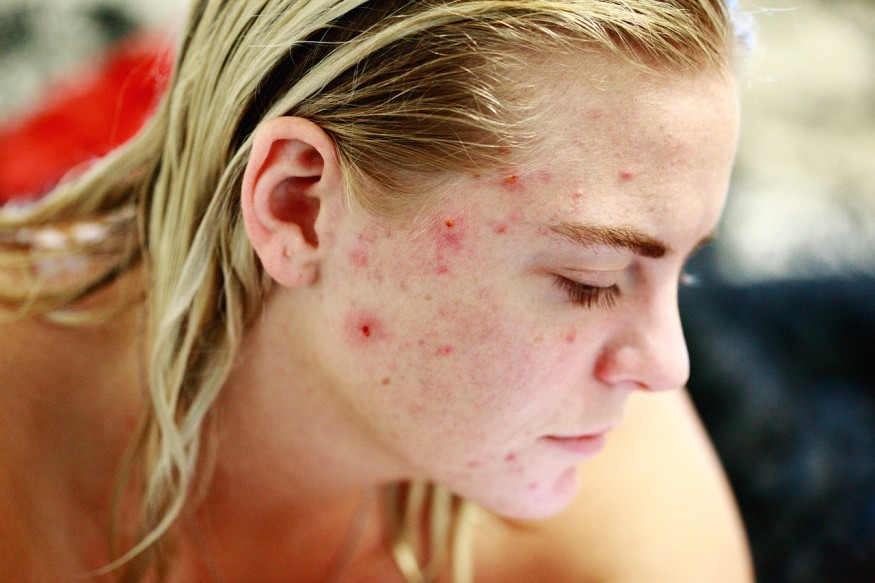
Treating acne can prove to be a challenging task due to its wide range of causes. There are several methods of treating acne that can be taken up solely or through combinations.
Although medication plays a critical role in its treatment, other lifestyle factors, such as changing diet, contribute significantly to the control and reduction of symptoms.
Here is how dietary changes can cure acne, acne triggers, and other treatment options.
Influence of diet on acne symptoms
Diet is one of the major factors that can affect your skin. While it is still debatable, studies have shown that diet plays an important role in controlling acne.
Some foods can lessen acne symptoms, and some can worsen them. Choosing the former would be useful in supporting your acne treatment process.
Whole and nutritious foods are believed to have an impact in reducing acne symptoms. These foods include vegetables, healthy fats, whole grains, high-quality proteins, unsweetened beverages, plant-based dairy alternatives, and legumes.
Acne has also been associated with low vitamin D levels. Adding vitamins to your diet can significantly improve acne breakouts. Furthermore, adding other supplements such as green tea, fish oils, zinc, and vitamin B can boost your acne-free diet.
Foods that can worsen your acne symptoms include milk and dairy products, sweets, sugary beverages, and highly processed foods. Avoiding such foods in your diet leads to a healthier skin free from acne.
Getting rid of foods that trigger insulin is also a good way of reducing and controlling your acne symptoms. These foods include pasta, white rice, white bread, and sugar. Chocolate is also a part of the mix though it may not affect other people.
Consequently, choosing an anti-acne diet is essential for treating and or reducing acne. With the right combinations and help from experts, a diet change can go a long way.
What can people do to reduce triggers?
There are general tips you can apply to reduce acne triggers. For instance, there has been evidence of a strong relationship between stress and acne. Managing your stress levels can reduce the production of hormones that can cause acne.
Alcohol and cigarettes also play an important role in aggravating acne symptoms. Reducing your intake can significantly improve your treatment process. Moreover, dropping the habits will lead to an overall improvement in your health.
Lack of sleep is also an essential acne trigger factor. Lack of sleep disrupts your hormones and causes a chemical imbalance on your skin, hence leading to acne development. Having enough sleep gives your body enough time to control and balance your hormones.
Other treatment options
There is a wide range of acne treatment options, from prescribed medication, over the counter medicines, and home remedies. Treatments will vary with your choice, age, type and severity of acne, and doctor recommendations.
The most common medications include topical drugs such as retinoid, salicylic acid, azelaic acid, and dapsone. Oral medications include antibiotics, anti-androgen agents, combined oral contraceptives, and isotretinoin. These medications can be recommended by a doctor or dermatologist if over the counter prescriptions do not work.
Therapy, whether alone or combined with other medications, can be used for your treating acne. The sessions may include steroid injection, chemical peel, extraction of blackheads and whiteheads, or photodynamic therapy.
Skincare is also an essential practice in treating acne. General tips such as washing your face twice a day, especially after sweating, can help in treating acne. Other tips include washing your hair regularly, using gentle skincare products, avoiding touching your face, and steering clear of prolonged sun exposure.
Conclusion
Undoubtedly, changing to a suitable diet plays an important role in acne treatment and can significantly reduce its appearance. Also, avoiding acne triggers such as stress, alcohol, cigarettes, and lack of sleep can speed up the treatment process. Aside from dietary changes, other options such as medication, therapy, and skincare can help control and reduce your acne.
© 2025 NatureWorldNews.com All rights reserved. Do not reproduce without permission.





